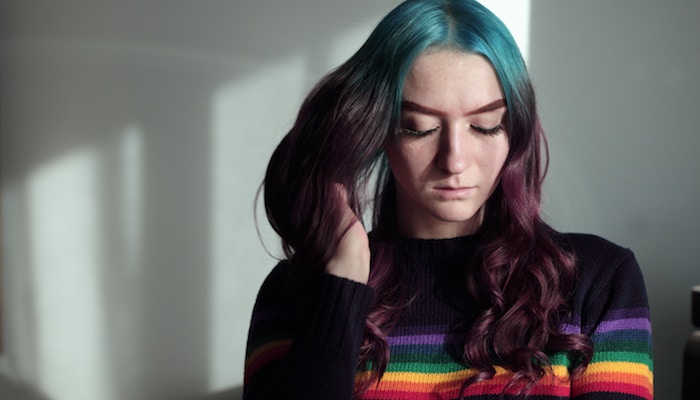
The world has made a lot of progress over the years for the queer community, but there are still ways to go and new hurdles to overcome, such as increasingly anti-queer legislation pushed by politicians as of late.
While queer people are grouped in the LGBTQIA+ community, they face unique issues based on their identities and experience. For bisexuals like me, we have additional hurdles to face as we deal with biphobia and a monosexual-normative society (a society that normalizes straight and gay individuals, but not those attracted to more than one gender).
Biphobia, which is stigma and discrimination against bisexuals, persists both inside and outside the LGBTQIA+ community.
Bisexuals make up most of the queer community, yet fewer come out than gay men and lesbian women. Many negative stereotypes about bisexuals abound: they’re more likely to cheat, they’re secretly straight or gay, they’re confused, they’re going through a phase, and they are bad partners.
Media depictions of bisexuals still have a long way to go as well. Bisexuals rarely show up in television shows, films, and books. And when they do, films and shows often stereotype them as promiscuous, experiencing a “phase,” or portray them as downright malicious (like Catherine Tramell in “Basic Instinct”). Oftentimes, media subconsciously or blatantly reinforces biphobia. with these depictions and others That, combined with the limited representation in media, enhances biphobia’s effects.
As a bisexual, I’ve struggled with internal and external biphobia. Biphobia made it difficult for me to come out, as I constantly questioned if I was going through a “phase” or was really “just straight.” I even let go of my therapists partially because they asked how I knew I was bi if I’d never dated. I doubt they would have asked that question if I was straight. And I know I’m not the only one dealing with these struggles.
According to the Human Rights Campaign (HRC), bisexuals experience mental health issues at higher rates than gay men and lesbians.
In general, bisexuals have higher rates of depression, anxiety, and other issues than their gay and lesbian counterparts. And 40% of bisexuals have considered suicide — a high rate even within the queer community.
Additionally, bisexuals face higher rates of domestic and sexual violence. The National Coalition Against Domestic Violence (NCADV) found that about 61% of bisexual women and 37% of bisexual men experienced sexual assault and interpersonal violence. In comparison, about 35% of straight women and 29% of straight men experienced intimate partner violence and/or stalking. Stigma already surrounds domestic violence and sexual assault, and biphobia only worsens this.
Thankfully, we are addressing it, slowly but surely. Many organizations educate people on what it means to be bisexual, debunking stereotypes and bringing light to community issues. More media includes bisexual people as leads, showcasing their inner lives as three-dimensional people. And as more bisexual people come out, the more acceptance we’ll have toward that group.
Bisexuality is an identity like any other. We deserve as much respect as anyone else. Let’s work to make our community and society more accepting of bisexual people, who are just like everybody else: people who want to live and embrace their identity. Every person deserves that, regardless of who they are.
Photo by Alexander Grey on Unsplash


















